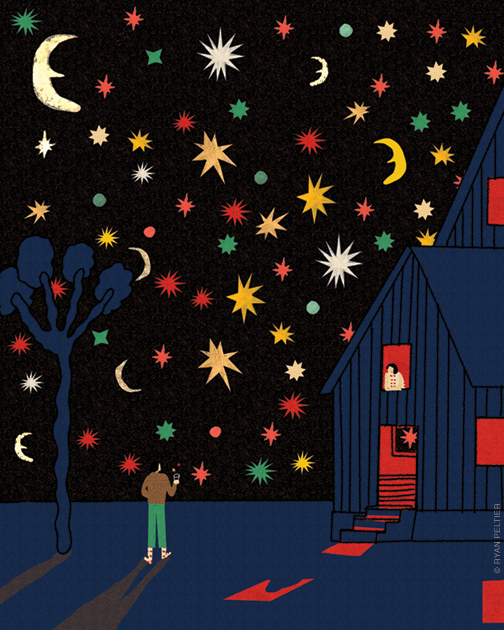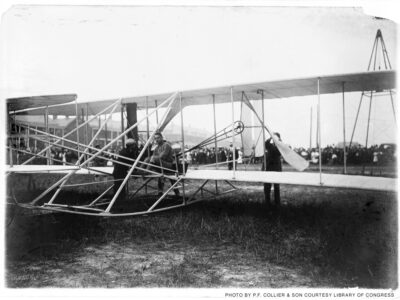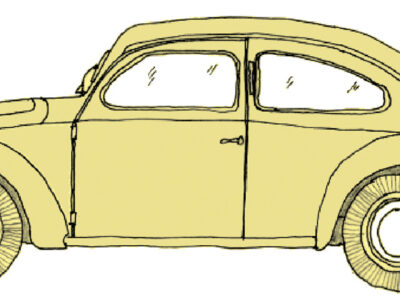
The whole universe in a sip.
By Duff McDonald
Ever tried kombucha? If you have, I’m happy for you. If you haven’t, I must insist that you do so immediately. For your own sake. Because kombucha offers access to the notion of infinite possibility. It allows you to reach into the infinitude of now, to grasp the heart of existence. I know that sounds a little crazy, but I assure you that it’s not.
Before I get into why, I should explain, for the uninitiated, just what kombucha is. It’s a fermented, effervescent, and slightly sweetened black or green tea. A lot of people drink it for the reputed “probiotic” health benefits. I drink it for the taste.
Kombucha at retail is kind of pricey, so I started making it at home in the winter of 2019. It’s easy. First, you make a sweet tea. Then you add a symbiotic culture of bacteria and yeast, or SCOBY, which ferments the sugar, creating kombucha’s characteristic taste. At some point, depending on your preferences, you bottle and add flavor—pretty much any flavor you want. It’s definitely an acquired taste, but also an addictive one.
At first, I had a three-gallon ceramic vat. Then I thought I should upgrade and bought a five-gallon one to replace it. Then I realized that we needed all eight gallons. And then I bought another five-gallon vat. In April 2021, I bought myself a kegerator for my birthday, so that we could have kombucha on tap, all the time.
Did I go overboard? I don’t think so. Or rather, I did go overboard, but in the very best of ways: When it comes to hobbies, going overboard is the way into the heart, the essence, of a thing. There’s a reason surfers get up at 4:00 in the morning to catch some waves before work. My wife’s gardening “hobby,” which she took up around the same time, is now so consuming that you might as well call her a farmer. In other words, I went deep.
Our kombucha is lighter and more subtle than commercial versions. It’s crisper and doesn’t overwhelm you with a flavor assault each time you take a sip. The house flavors of choice: Elderberry, Lavender-Mint, and Mulberry-Grapefruit, my daughter’s favorite. I like Mint, both for the taste and what I imagine to be a reflection of my sophistication. What do we like about it? For a long time, I told people that it was because of the unending variety of flavors. But I recently realized that I was just slightly missing the point. It took a taste test to show me how.
One day, I poured some of our Blood Orange flavor for my wife without telling her what it was, and asked her to guess. She went through all the flavors we had on hand without getting it right. That startled me. Blood Orange is a very distinct flavor. When you knew you were drinking it, it was clear as day. How could she miss it—how could it not be obvious to her—even without a label to guide her expectations?
And then it hit me: The beauty of kombucha isn’t the possible flavors you can make. The beauty of kombucha is possibility itself. It is a platform upon which any flavor can be placed. It is the vessel for anything and everything. All you need to do is add the essence of some flavor to your platform, and the brain will accept it—provided that you tell the brain what to accept. Living things can be or do whatever they want, and that extends to kombucha itself. It is what we want it to be.
Kombucha is a living drink, and anything that is alive contains the universe, or infinite possibility. Shifting perspective, you could say that when I talk about kombucha, I am also talking about life itself. Our subjective experience of reality is profoundly flexible; we can taste almost any flavor of experience whose potential presence we are open to. Anything is possible; it’s just up to you to make a choice.
You know those optical illusions where you trick your brain into seeing something that isn’t there? The same goes with kombucha. Don’t want to drink an entire glass of blackberry juice, because of the sugar? Well, drink a glass of blackberry kombucha. Your brain thinks it’s blackberry, at least in terms of taste. And your body thinks it’s kombucha, which has almost no sugar. You get the flavor of juice and the health benefits of life itself. We use a tablespoon or so of flavoring in each of our half-gallon bottles. I have decided to see if we can use even less than that, to find out just how little flavoring we can use before the brain says, “Hey! What’s going on here?” At some point, we are going to be using wavelengths of flavor. You know, when we build our laboratory.
In her book Reader, Come Home, the literacy scholar Maryanne Wolf notes a fascinating research finding about how we read: Our eyes dart back and forth, reading a few words ahead of our conscious brain and then circling back. If the word that’s two or three words ahead of where you’re reading is something like “stick,” your brain surfaces all the possible meanings of that word that you are aware of, and then quickly collapses down onto the correct one as soon as it realizes which it is.
Is it a stick, like a branch?
Is it “stick to something,” like glue?
Is it “stick to a plan”?
The point is that the brain needs to know stuff in order to consider stuff. In A History of Reading, Alberto Manguel makes a similarly fascinating observation: Books are infinite. Meaning what, exactly? Your reading of a book is different than my reading of a book is different from someone else’s reading of a book, because each of us brings a unique set of experiences and expectations to the text. You can conceive of each of those different encounters—a new one for every person who reads it—as points spread out on a horizontal plane. But the idea works vertically, too, in the different readings that each of us might experience when we engage with the same book at different points in our lives. Books vary along both axes. Books are infinite.
No discussion of books and infinitude is complete without contemplating Jorge Luis Borges’s story The Library of Babel. It runs a mere seven pages, and it’s still one of the greatest things ever written. In it, he postulates a library of unimaginable size: In an indefinite series of hexagonal rooms, four of six walls in each room contain five bookshelves apiece; there are 32 books per shelf, 410 pages per book, 40 lines per page, some 80 letters per line. The library—which Borges calls “the universe”—is large enough to contain all possible arrangements of an alphabet of 25 symbols in those books. How many books is that? I was curious enough about it to buy a book called The Unimaginable Mathematics of Borges’ Library of Babel. According to the author, a library meeting Borges’ specifications would contain 251,312,000 books—a quantity he argues would not fit in the known universe.
That’s a neat image, but I would submit that it’s wrong. Because the calculations that physicists have made of the known universe are wrong. Everything fits in the universe. More to the point, everything fits in now. Because it is always now. It is never yesterday or tomorrow. Now is eternal. It’s when everything happens. In short, it contains infinite possibility, like kombucha.
Borges doesn’t even bother including the number in his story. Why? Because quantification is a poor means by which to attain a true understanding of anything. As Umberto Eco later pointed out, the actual number is irrelevant to both the story and the reader. He was right. What is relevant is the content that Borges suggests those books might contain. In short: everything. The point of the Library of Babel is not to figure out how many books the universe might contain; it’s that somewhere in there is the story of your own salvation, and that you get to write it yourself. The best use of your time is not to count reality. The best use of it is to create reality.
Uncertainty—that is, possibility—is our friend, not our foe. But it’s difficult to embrace uncertainty all the time. Life can get scary, so we try to eliminate uncertainty in the places where we don’t want it. But the key is to then seek it out in the places where we do. That’s what hobbies are for. They give us a chance to reside in the deep now, and let uncertainty come at you with all it’s got. That’s why we play music. That’s why we ski, surf, dance, grow gardens, and more. It’s why we make kombucha.
Adapted from the book TICKLED by Duff McDonald W’92. Copyright © 2021 by Duff McDonald. Reprinted courtesy of Harper, an imprint of HarperCollins Publishers.




